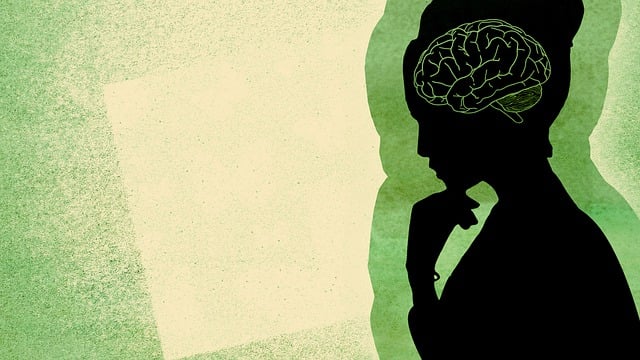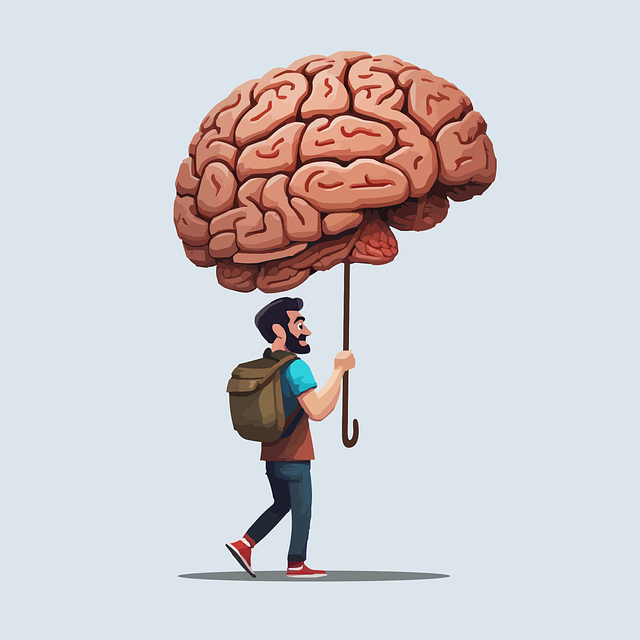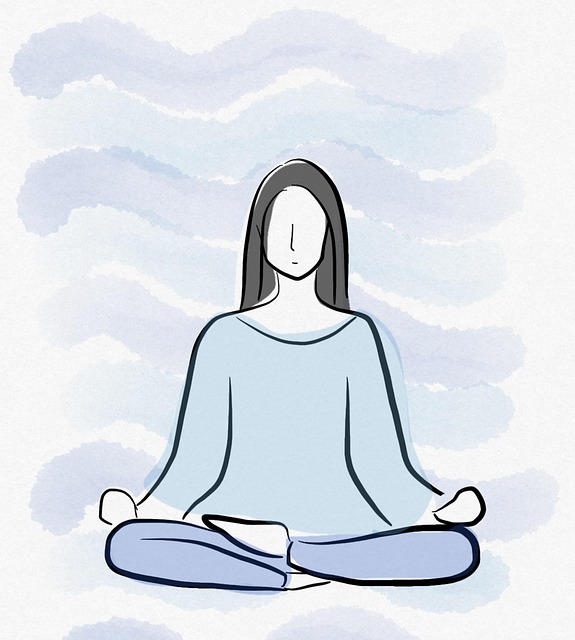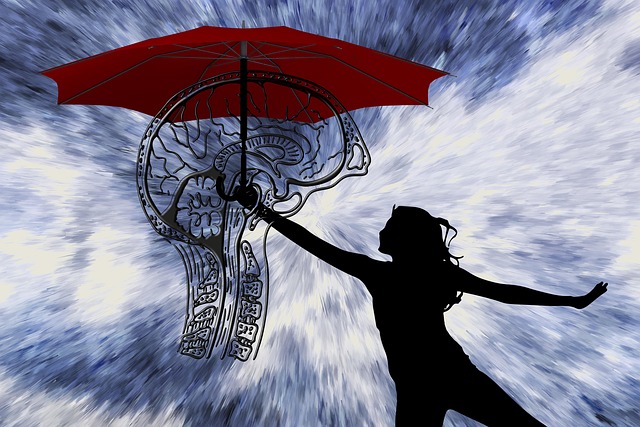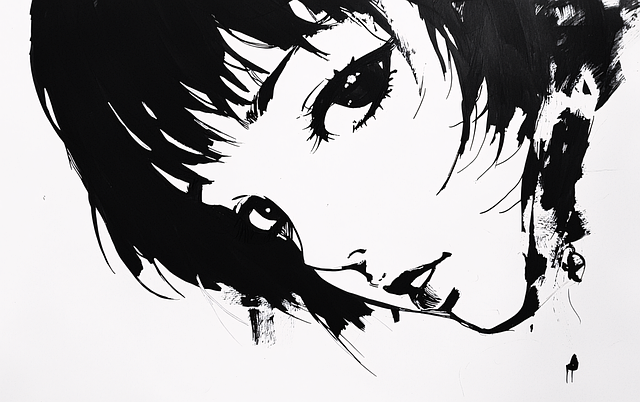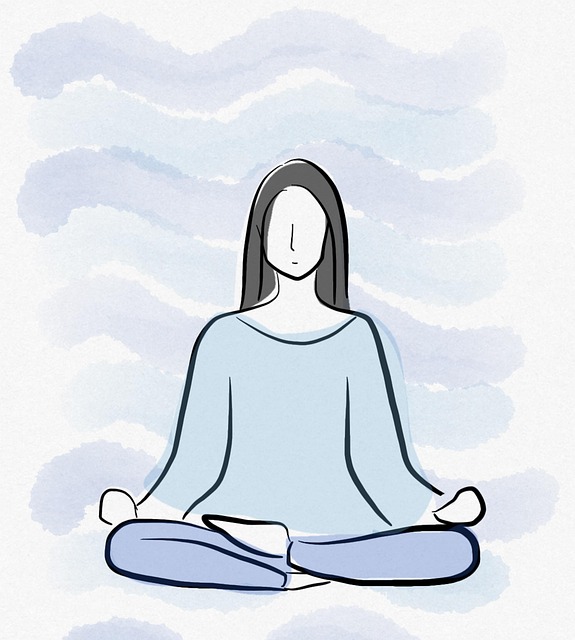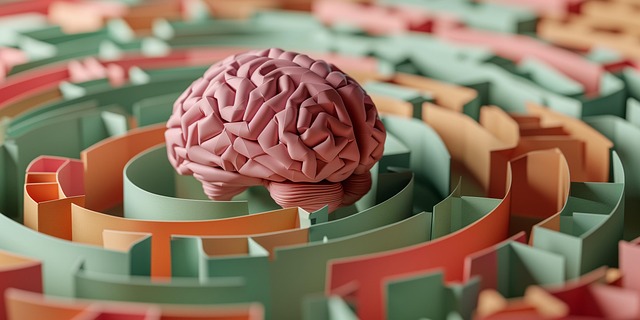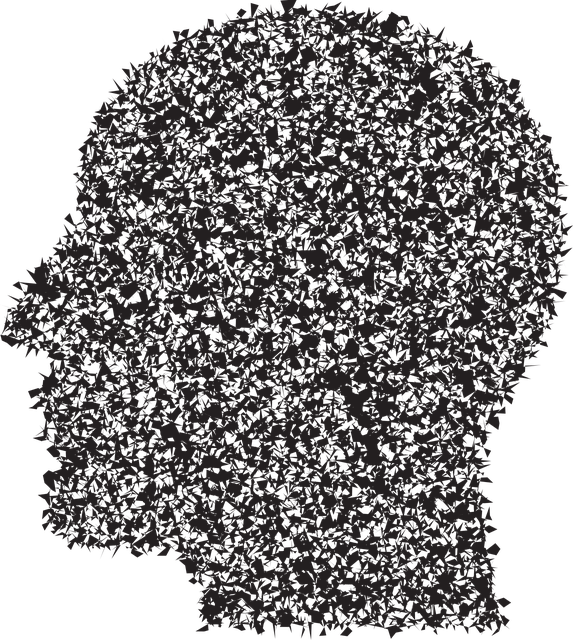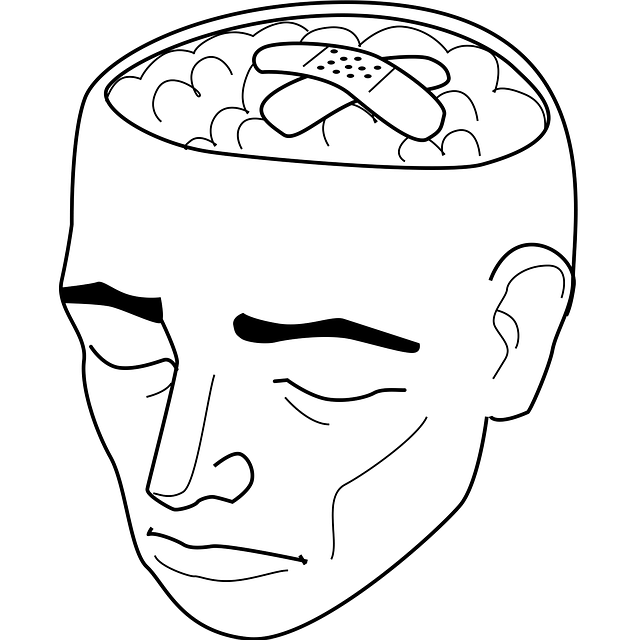Understanding group dynamics is crucial for creating safe spaces in mental wellness settings, especially for individuals with Oppositional Defiant Disorder (ODD). Facilitators employ techniques like open communication, trust-building, and structured activities tailored to ODD challenges, such as Parker Oppositional Defiance Disorder Therapy programs. These strategies transform support groups into dynamic environments where peers learn from each other, gain coping skills, and build resilience through emotional regulation techniques like Mindfulness Meditation. The Community Outreach Program enhances a sense of belonging for long-lasting positive outcomes in Parker ODD Therapy.
Mental wellness group facilitation plays a pivotal role in fostering supportive environments for individuals facing challenges. This article explores dynamic techniques tailored to understanding and addressing diverse mental health needs, including strategies for managing conditions like Parker Oppositional Defiance Disorder (ODD). By delving into group dynamics, effective facilitation methods are unveiled, offering insights into creating inclusive spaces that enhance recovery and promote resilience. Key focus areas include adaptive strategies specific to ODD within group settings, ensuring every member receives tailored support.
- Understanding Mental Wellness Group Dynamics
- Facilitation Techniques for Effective Support
- Parker Oppositional Defiance Disorder Therapy: Strategies within the Group Setting
Understanding Mental Wellness Group Dynamics

Understanding the dynamics within mental wellness group settings is paramount for facilitators to create a safe and supportive environment. These groups often bring together individuals facing diverse challenges, including conditions like Oppositional Defiant Disorder (ODD), which require tailored approaches. Facilitators must be adept at navigating complex interactions, ensuring every member feels heard and respected, regardless of their background or struggles.
Group dynamics can greatly impact the success of therapeutic sessions, especially when cultural sensitivity and emotional intelligence are brought into play. Incorporating techniques that foster open communication, build trust, and encourage active participation can enhance these settings. For instance, structured activities, such as those found in Stress Management Workshops Organization programs, have proven effective in managing group energy and promoting positive interactions, particularly when tailored to address specific mental health concerns like ODD.
Facilitation Techniques for Effective Support

Effective group facilitation techniques are crucial for supporting individuals with mental health challenges, such as Oppositional Defiant Disorder (ODD). Facilitators play a vital role in creating a safe and supportive environment where participants can openly discuss their experiences, share coping strategies, and build meaningful connections. One powerful technique is using structured discussions to encourage active participation. This approach involves guiding the group through topics relevant to their struggles, fostering peer-to-peer learning and empathy.
Additionally, incorporating therapeutic activities like Mindfulness Meditation can enhance these sessions. Such practices promote mental health awareness, teach valuable coping skills development, and help individuals manage emotional regulation. By integrating these techniques, facilitators can revolutionize support groups, making them dynamic and impactful spaces where participants gain insights, build resilience, and find solace in shared understanding.
Parker Oppositional Defiance Disorder Therapy: Strategies within the Group Setting

In the context of Parker Oppositional Defiance Disorder (ODD) Therapy, group facilitation plays a pivotal role in addressing and managing symptoms within a supportive environment. The dynamic nature of group therapy sessions allows individuals with ODD to learn effective coping strategies from their peers while gaining insights into their behaviors through social interactions. Facilitators can employ a range of techniques, such as structured discussions and interactive activities, to encourage positive behavior changes.
One powerful strategy within this framework is the implementation of a Community Outreach Program, fostering connections and promoting a sense of belonging. By engaging in group projects or shared experiences, individuals with ODD can develop inner strength and enhance their problem-solving abilities. Additionally, incorporating practices like Mindfulness Meditation can help participants regulate emotions and gain perspective on impulsive behaviors. These techniques collectively contribute to the overall success of Parker ODD Therapy, aiming for long-lasting positive outcomes.
Mental wellness group facilitation plays a pivotal role in fostering supportive environments, especially for individuals dealing with complex issues like Parker Oppositional Defiance Disorder (ODD). By employing diverse techniques discussed, facilitators can create a safe space that encourages active participation and promotes positive mental health outcomes. The strategies outlined, including those specific to ODD therapy, offer valuable tools for enhancing group dynamics and delivering effective support in a collaborative setting.
